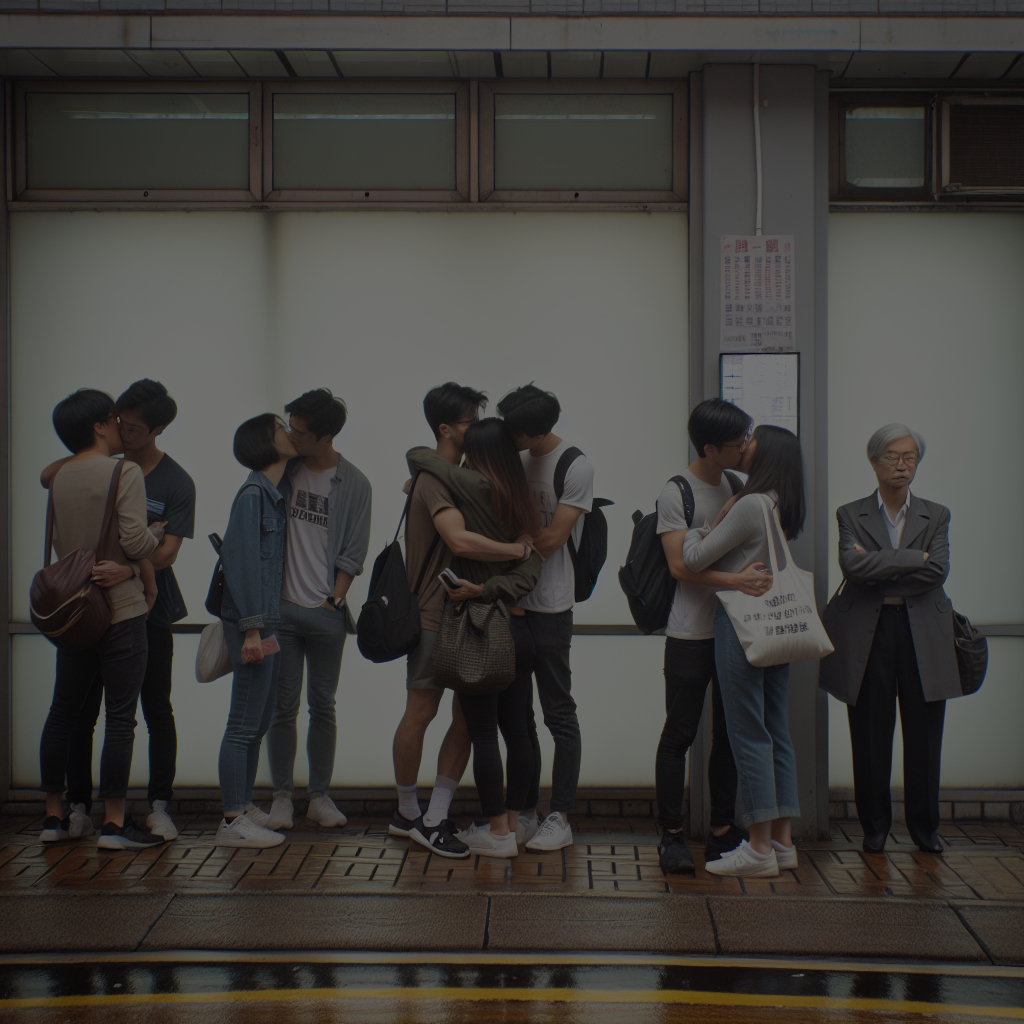Partial Recognition of Same-Sex Couples in Hong Kong: A Cautious Step Forward
Strategic but Limited Legislative Progress
In Hong Kong, LGBTQ+ rights advocates are reluctantly supporting a new government bill that would extend limited rights to same-sex couples who were married overseas. This proposed legislation, while far from fulfilling the community’s demands, is being seen as a rare opportunity to move closer to legal equality in a region where same-sex marriage remains unrecognized.
In 2023, Hong Kong’s highest court upheld the definition of marriage as a union between a man and a woman. However, it also mandated that the government implement a “comparable framework” by October 2025 to provide certain legal rights to same-sex couples. In response, authorities introduced a bill in July granting limited rights, such as hospital visitation and the ability to claim a deceased partner’s body. These provisions apply only to couples legally married abroad, excluding them from rights like local marriage recognition, adoption, or visitation rights in prison. The bill is expected to be reviewed in the legislature following the summer recess.
Between Acceptance and Frustration
Despite its shortcomings, some activists regard the proposal as a step that can’t be ignored. Non-binary artist Holok Chen echoed this internal conflict in a statement to AFP: “Either we accept a discriminatory proposal (…) or we risk getting nothing at all.” Ray Yeung, director of the film All Will Be Well (2024), which depicts administrative hardships faced by LGBTQ+ couples in emergency situations, added: “If your partner is sick or dying, this law could help—at least to some extent.”
Still, the proposed law has sparked criticism for being overly limited. Yan Ng, co-founder of the advocacy group Dear Family Hong Kong, dismissed it as a “half-measure,” stressing the need for “a more inclusive system.” As of now, only a small group of lawmakers—twelve, according to the newspaper Ming Pao—have openly shown support for the bill. Legal scholar Kelley Loper, from the University of Denver, warned that the bill could face judicial challenges, calling its exclusions potentially “unconstitutional.”
Activism Against the Backdrop of Political Pressure
According to a 2023 survey, 60% of Hongkongers support same-sex marriage. Yet public advocacy for the current bill has been minimal. Sean Hau, another co-founder of Dear Family Hong Kong, attributes this to the shrinking civic space: “We probably couldn’t do that kind of protest anymore,” he said, referencing earlier public demonstrations.
Since the 2019 pro-democracy protests, public gatherings—such as pride parades—have disappeared under stricter government control. This intensified surveillance has affected LGBTQ+ activists as well. Recently, Holok Chen was followed by police while speaking publicly and had been briefly detained a week earlier for waving a rainbow flag near Parliament.
Amid these constraints, activist strategies have shifted. Low-key approaches like online petitions, formal letters to officials, and youth-targeted campaigns from organizations such as HKSpectrum have become more common. However, the bill’s narrow focus on medical and posthumous rights has failed to capture widespread support among younger generations on social media.




Deja una respuesta